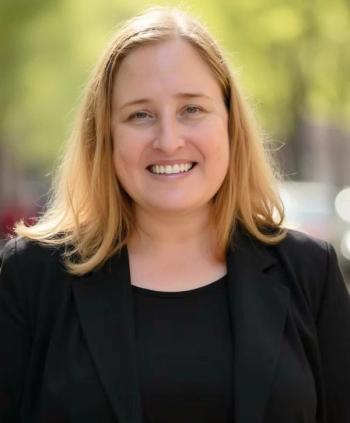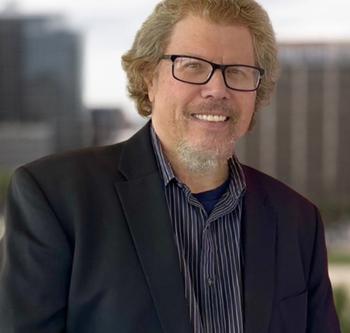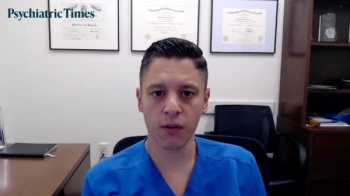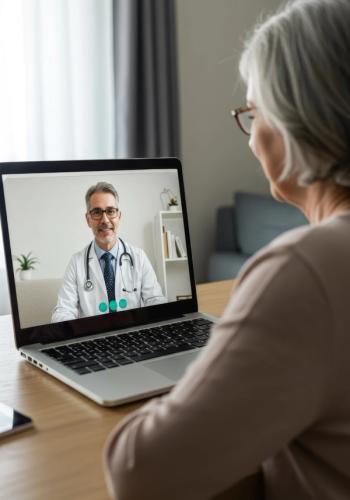
|Slideshows|January 28, 2021
6 Things to Remember When Practicing Telemedicine
What 6 things are important to keep telemedicine practice running smoothly?
Advertisement
Newsletter
Receive trusted psychiatric news, expert analysis, and clinical insights — subscribe today to support your practice and your patients.
Advertisement
Latest CME
Advertisement
Advertisement
Trending on Psychiatric Times
1
Depression and Long COVID Outcomes in Women: New Data Analysis
2
Patterns of Propensity: A Review of Heinrichs’ How Psychiatrists Make Decisions
3
Investigational Psilocybin for PTSD and Ongoing Trials
4
In Memoriam: Elise Snyder, MD, A Legacy of Mentoring to Psychotherapists in China
5







